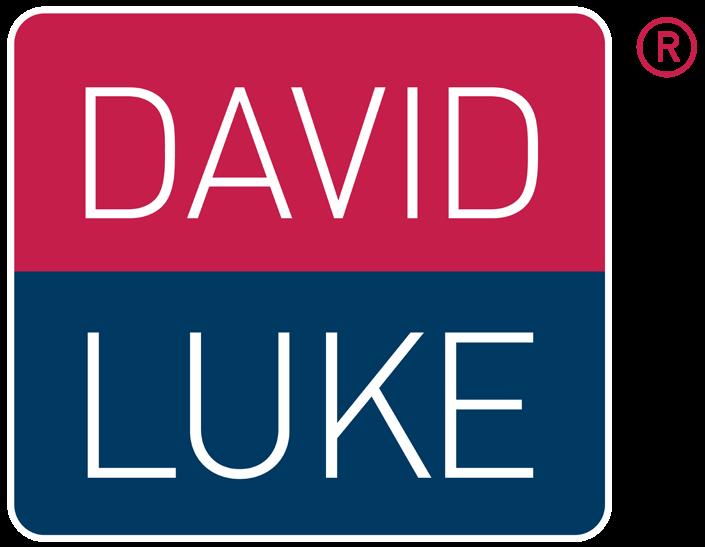
4 minute read
An Interview with Ian McLaverty
An Interview with Ian McLaverty, Merchandise Director
Let’s get started with a quick recap on your role within the business and how your team has contributed towards the sustainable achievements of the Group in recent years?
Advertisement
My team manage all the processes involved with getting the stock designed, manufactured and ultimately into our warehouses. From the development of new products and fabrics, production scheduling and all the way through to the final delivery and quality checking of the goods into the business. A lot of the product development over the last 10 years has been based around making our products more sustainable whilst retaining the quality and service that we require. But in today’s landscape, being sustainable isn’t just about developing more sustainable products. We are constantly trying to find greater efficiencies in our procedures and systems that will reduce our negative impact on the planet and hopefully improve the lives of the people we come into contact with along the way. This may sound a bit idealistic but we genuinely feel that if we can find a situation where everyone wins, which can be difficult, this will lead to a more engaged and sustainable supply chain.
What has it meant to be a responsible business partner during the last 18 months?
We have had a responsibility to support every supplier to ensure they could simply continue trading. Surviving lockdowns, working with reduced efficiency, increasing safety procedures, managing late deliveries and congestion at ports are all real-world problems that we have had to work closely with our suppliers throughout the chain to overcome. Most important of all is staff safety. Our long-term relationships have enabled us to support our suppliers and we have benefited from reciprocal support when we have needed it.
It feels like consumers are only just starting to feel the true impact of Covid on the supply chain, how will your team be responding to the new demands of B2C retail in this new landscape?
It appears like the last 18-20 months have been the perfect storm to create chaos in all industries. Most supply chains pride themselves on reaction time, this can only be achieved with careful planning of raw materials (stock holding), manufacturing capacity levels and reactive logistics. Each of these areas has seen and continues to see unprecedented disruption. Communication is the only way to manage our way out of this chaos so the team find themselves constantly negotiating and searching out solutions to problems that present themselves.
B2C is still very new but this does give us the opportunity to develop more products, and more exciting products that might open up new markets for us to explore further. Adapting our infrastructure to ensure we have the resource to get the product range and mix correct along with getting the stock in on time, will be the key to the success. In practice this means experimenting with design, testing and increasing our focus on research. There will be a lot of hard work along the way but we are all committed to making it work, and looking forward to the journey.
Establishing a deeper connection to the Ethical Trading Initiative has been a key role for the product team, what impact has that had on the way we work at a group, brand and individual level?
Decisions on where and who we do business with go far beyond just price. Price is an important factor but there is so much more that needs to be considered. We are determined to have a positive impact on everyone involved in the chain and for us to do this our level of understanding needs to increase. Engaging the wider business in our work with the ETI is going to be key to ingraining the principles so that they are top of everyone’s agenda and not just those who work closely with product. We’re looking forward to having deeper conversations across the business to make this a reality.
As a brand, David Luke pioneered the use of recycled polyester in its eco-uniform over a decade ago. What plans do you have to take us through the next decade with innovation in raw materials and our Group approach to sourcing?
Don’t stop searching for the next great idea! Sustainable sourcing has become more mainstream since we started which is good and bad, good that more options are starting to become viable for our market but bad that it is harder to find a point of difference. Having said that we will continue to search for solutions to the legacy of problems that our past has presented us with in the form of new sustainable fabrics, new product ideas, and potentially additional sourcing locations to improve the overall situation.
Looking forward on your product team journey, what are the kind of KPI’s you will be working towards to ensure the health of our supply chain is optimised and resilient in the face of the future?
Agreeing clear and measurable KPI’s with our supply chain is really important as this gives us a bench mark and clear focus to constantly improve. What’s also important is continuing to communicate directly with our supply chain to understand what is happening locally for them and how they see the future playing out. The speed of change in all areas has rapidly increased and we will be striving to be much more agile in our approach to our planning.








